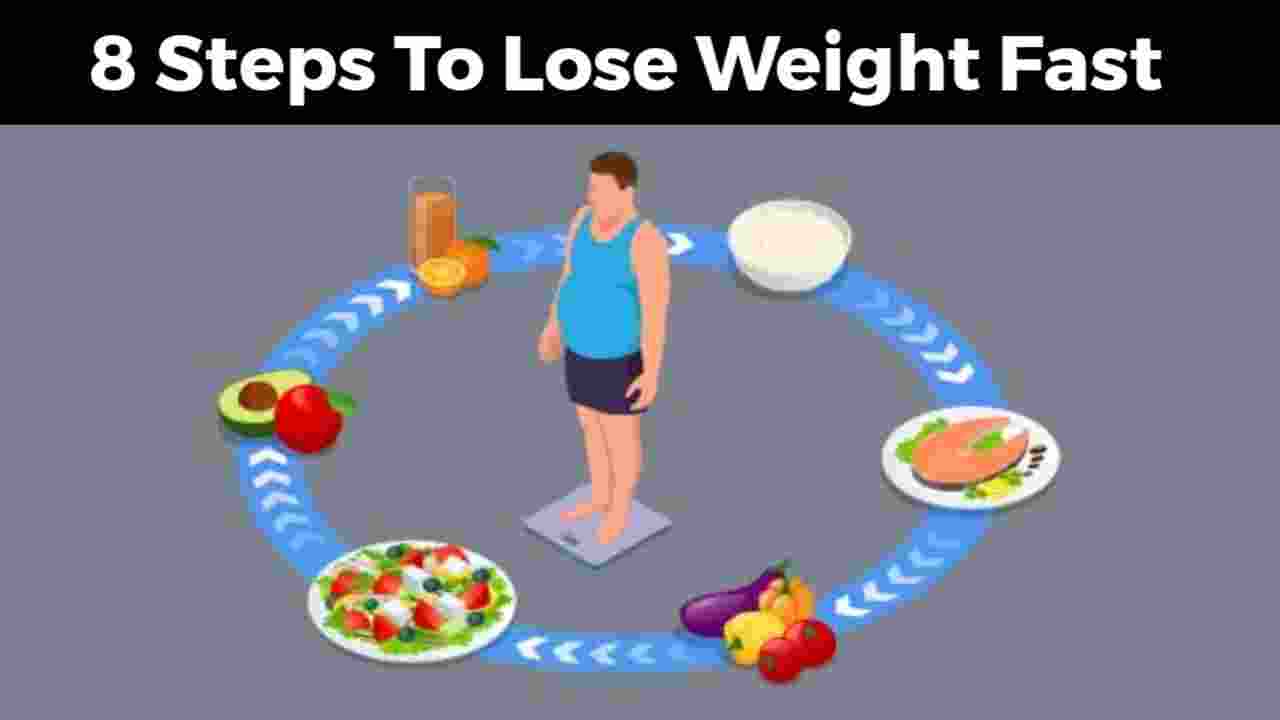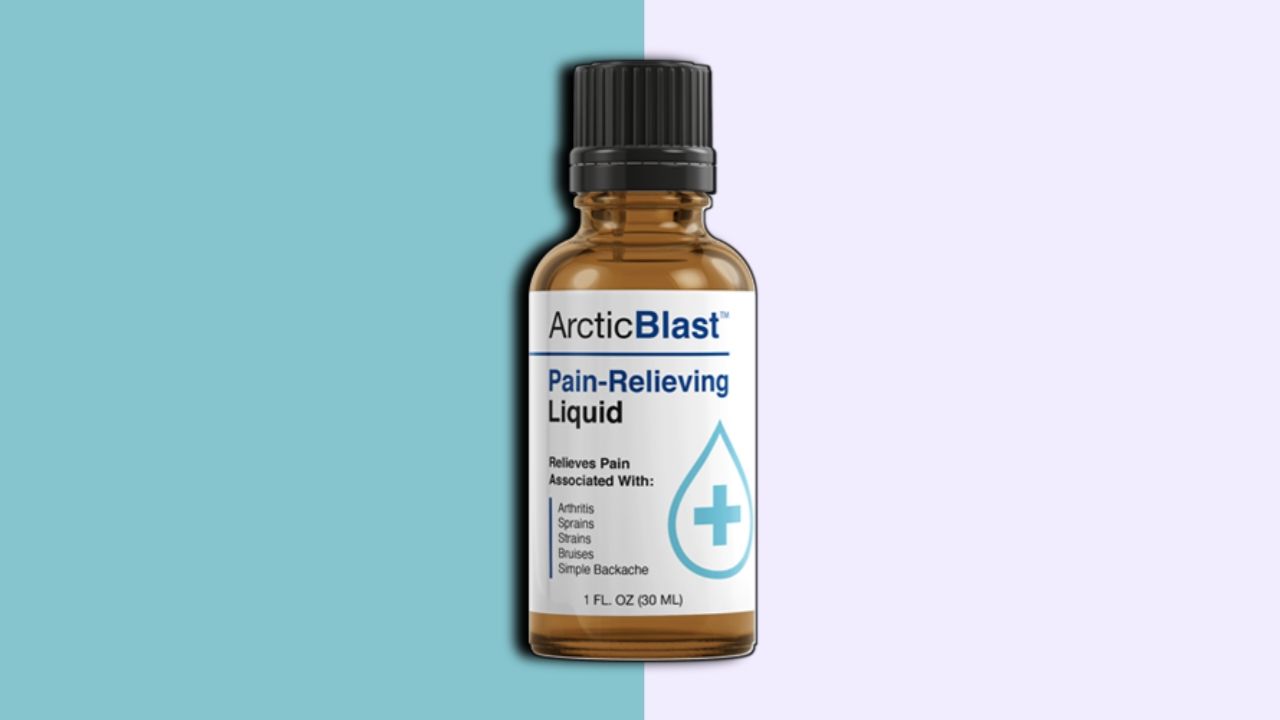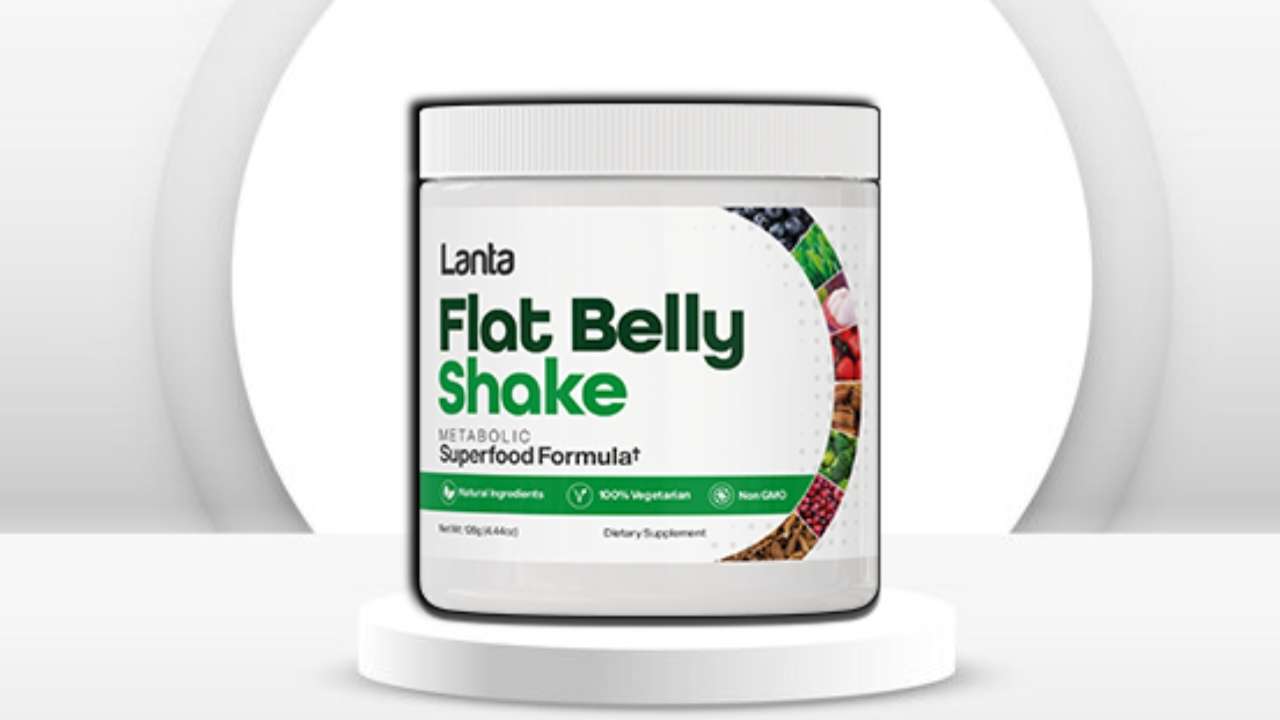
1. Eat Vegetables, Protein and Fats
Losing weight efficiently involves a strategic combination of essential nutrients that support your body’s metabolism and overall health. By prioritizing the intake of vegetables, protein, and healthy fats, you can create a balanced and effective approach to fast weight loss.
Vegetables
Vegetables are rich in vitamins, minerals, and fiber, making them a cornerstone of any successful weight loss plan.
Their low calorie content means you can consume larger portions while still keeping your overall calorie intake in check.
Opt for a colorful variety, including leafy greens, cruciferous veggies like broccoli and cauliflower, and vibrant peppers and carrots.
Protein
Including ample protein in your diet is essential for weight loss. Protein helps preserve lean muscle mass while promoting feelings of fullness and satiety.
Sources of lean protein, such as chicken, turkey, fish, eggs, legumes, and tofu, provide the nutrients your body needs to support its metabolic processes while shedding excess weight.
Fats
Healthy fats play a crucial role in weight loss by providing sustained energy and promoting a feeling of fullness. Incorporate sources like nuts, olive oil, seeds, and avocados into your meals.
These fats not only support your body’s nutritional needs but also contribute to better absorption of fat-soluble vitamins.
By crafting your meals around these three components – vegetables, protein, and healthy fats – you’re creating a foundation for fast weight loss that is both effective and sustainable. Remember to maintain portion control and stay mindful of overall calorie intake to achieve the best results.
2. Drink More Water
Did you know that the humble act of drinking water can be your secret weapon for shedding pounds quickly? Not only does water keep you hydrated and energized, but it also plays a pivotal role in your weight loss journey.
Rev Up Your Metabolism
Sip water throughout the day to temporarily boost your metabolic rate, helping you burn more calories.
Ditch Liquid Calories
Opt for water over sugary drinks. You’ll reduce calorie intake and support your weight loss goals.
Boost Workout Performance
Proper hydration enhances exercise performance. Stay fueled and motivated during workouts.
Burn Extra Calories
Believe it or not, cold water can slightly increase energy expenditure as your body works to warm it.
Aid Digestion and Detox
Hydration supports a healthy digestive system and aids in flushing out toxins.
Make water your constant companion throughout your weight loss journey. It’s not just a drink – it’s your hydration hero! Remember, combine water with a balanced diet and regular exercise for the best results. Stay thirsty for success!”
3. Diet and Exercise Tracking
Effective weight management requires a strategic approach, and tracking your diet and exercise can be a game-changer.
Monitoring Progress
Recording your meals and workouts helps you stay accountable and track your progress over time.
Insightful Awareness
Tracking reveals patterns in your eating habits and exercise routine, making it easier to identify areas for improvement.
Goal Precision
Setting specific goals becomes easier when you have data to work with. You can adjust your diet and exercise to align with your objectives.
Motivation Boost
Seeing your achievements, even small ones, motivates you to keep going and maintain a consistent routine.
Problem Solving
If you hit a plateau or experience challenges, tracking helps you analyze what might be going wrong and make necessary adjustments.
Enhanced Planning
With a clear picture of your activities and food choices, you can plan your days more effectively to prioritize your health goals.
Whether you use a journal, app, or wearable device, tracking empowers you with insights to make informed decisions and optimize your weight loss journey. Remember, it’s not just about the numbers; it’s about building healthy habits that last.
4. Less on Social Media or Television
Reducing your time spent on social media and television might not seem directly related to weight loss, but it can significantly impact your journey towards a healthier you. Less screen time means more mindful eating. You’ll be attuned to your body’s hunger and fullness cues instead of mindlessly munching.
Active Lifestyle
Trading screen time for physical activities, like walking or exercising, boosts calorie expenditure and overall fitness.
Reduced Snacking
Snacking often accompanies screen time. By cutting back, you’re less likely to indulge in unnecessary calories.
Improved Sleep
Less screen exposure before bed can enhance sleep quality. Adequate sleep positively influences weight loss efforts.
Focused Meal Times
Distraction-free meals allow you to savor your food, aiding digestion and satisfaction.
Time For Cooking
Less screen time frees up time for preparing healthy, home-cooked meals.
Remember, it’s about balance. Gradually reduce screen time, allowing yourself to engage more in activities that promote wellness and weight loss.
5. Attempt Intermittent Fasting
Intermittent Fasting is a structured dietary approach that engages in a rhythmic pattern of planned eating and fasting intervals. It focuses on timing when you eat rather than what you eat.
Intermittent fasting has gained popularity as an effective approach to weight loss and overall health improvement. During fasting periods, your body taps into stored fat for energy, aiding weight loss.
Balanced Insulin Levels
Fasting can enhance insulin sensitivity, helping regulate blood sugar levels and reducing the risk of type 2 diabetes.
Appetite Control
Fasting can reset hunger cues, making it easier to manage portion sizes and curb overeating.
Flexible Patterns
Various fasting patterns, like the 16/8 method or 5:2 approach, offer flexibility to fit your lifestyle.
Enhanced Focus
Fasting may improve cognitive function and mental clarity due to increased production of brain-derived neurotrophic factor (BDNF).
Autophagy
Fasting triggers autophagy, a cellular process that removes damaged components, supporting cellular health.
Remember, intermittent fasting isn’t suitable for everyone. Combine it with balanced nutrition and regular exercise for comprehensive well-being and sustainable weight loss.
6. Mindfully Eat and More Focus on Body Movement
When embarking on a weight loss journey, incorporating mindful eating and regular physical activity can yield remarkable results.
Mindful Eating
Paying close attention to your eating experience fosters better food choices and portion control.Mindful eating involves engaging your senses, appreciating textures, flavors, and aromas, which enhances satisfaction.
Eating slowly allows your body to recognize fullness, reducing the likelihood of overeating.
Focus on Body Movement
Regular movement contributes significantly to weight loss by boosting calorie expenditure and improving overall fitness. Incorporate activities you enjoy to make exercise an integral part of your routine.
Strive for consistency in both mindful eating and physical activity to create lasting habits.
7. Sleep Well at Night
Quality sleep is a crucial yet often overlooked factor in achieving successful weight loss. Sleep influences hormones that regulate hunger and appetite, making it easier to control food intake.
Adequate sleep supports efficient metabolism, aiding in the body’s ability to burn calories effectively.
Reduced Cravings
Lack of sleep can lead to increased cravings for unhealthy, calorie-dense foods.
Energy for Activity
Restful sleep provides the energy needed for physical activity, boosting calorie expenditure.
Muscle Recovery
Sleep is essential for muscle recovery after exercise, allowing for optimal muscle growth and fat loss.
Cognitive Resilience
Quality sleep enhances decision-making and willpower, aiding in making healthier food choices.
Remember, achieving weight loss isn’t solely about diet and exercise. it’s a holistic endeavor. Prioritize sleep alongside mindful eating and physical activity for comprehensive and sustainable success.
8. Diet Plans Based on Your Need
The best diet plan for you depends on your individual goals, preferences, and any specific health conditions you may have. Here are a few popular and well-regarded diet plans that cater to different needs:
Mediterranean Diet
Best for: Overall health and longevity, heart health, weight management.
Focus: Fruits, vegetables, whole grains, lean proteins, nuts, seeds, olive oil, and moderate consumption of dairy and red wine.
Benefits: Rich in healthy fats, antioxidants, and fiber.
DASH Diet (Dietary Approaches to Stop Hypertension)
Best for: Lowering blood pressure, heart health.
Focus: Fruits, vegetables, whole grains, lean proteins, low-fat dairy, nuts, and seeds.
Benefits: Lowers blood pressure, supports heart health, and encourages balanced eating.
Ketogenic Diet (Keto)
Best for: Rapid weight loss, epilepsy treatment (under medical supervision).
Focus: Very low carbohydrate intake, high fat intake, moderate protein intake.
Benefits: Can lead to rapid weight loss and improved insulin sensitivity. Often used for therapeutic purposes.
How to Lose Weight Fast: 10+ Keto Diet Recipes
Vegetarian or Vegan Diet
Best for: Plant-based eaters, environmental concerns.
Focus (vegetarian): Plant-based foods, dairy, eggs.
Focus (vegan): Strictly plant-based foods, excluding all animal products.
Benefits: Rich in fiber, vitamins, and minerals.
Paleo Diet
Best for: Emulating the diet of our Paleolithic ancestors.
Focus: Lean meats, fish, fruits, vegetables, nuts, seeds, and healthy fats.
Benefits: High in whole foods and can lead to weight loss, but lacks certain food groups.
Intermittent Fasting
Best for: intermittent fasting best for Weight management and metabolic flexibility.
Focus: Cycles between periods of eating and fasting.
Benefits: Can promote weight loss, improve insulin sensitivity, and support metabolic health.
Flexitarian Diet
Best for: Semi-vegetarians who want flexibility.
Focus: Plant-based foods with occasional meat and animal products.
Benefits: Combines plant-based benefits with flexibility for occasional animal-based foods.
Prioritize professional advice before changing your diet or lifestyle. Personalized guidance ensures your choices align with your health needs and goals.
Frequently Asked Questions (FAQs)
How to lose weight fast in a week?
Rapid weight loss in a week is not advisable. Focus on sustainable changes: balanced diet, portion control, and regular exercise for healthier results.
How to lose weight fast naturally and permanently?
Lose weight naturally and permanently by adopting a balanced diet, regular exercise, staying hydrated, getting adequate sleep, and making sustainable lifestyle changes.
How to lose weight fast without exercise?
Quick weight loss without exercise can be achieved through portion control, balanced eating, increased water intake, and adopting healthy dietary habits.
How to get rid of fat belly?
Reducing belly fat involves a combination of a balanced diet, regular exercise, core-strengthening workouts, and maintaining a healthy lifestyle.
How to lose 10 pounds in a week?
Losing 10 pounds in a week isn’t recommended for health reasons. Gradual, sustainable changes involving diet and exercise are safer and more effective.
What is smoothie diet for fast weight loss?
A smoothie diet for rapid weight loss involves replacing meals with nutrient-rich smoothies made from fruits, vegetables, protein sources, and liquids.


